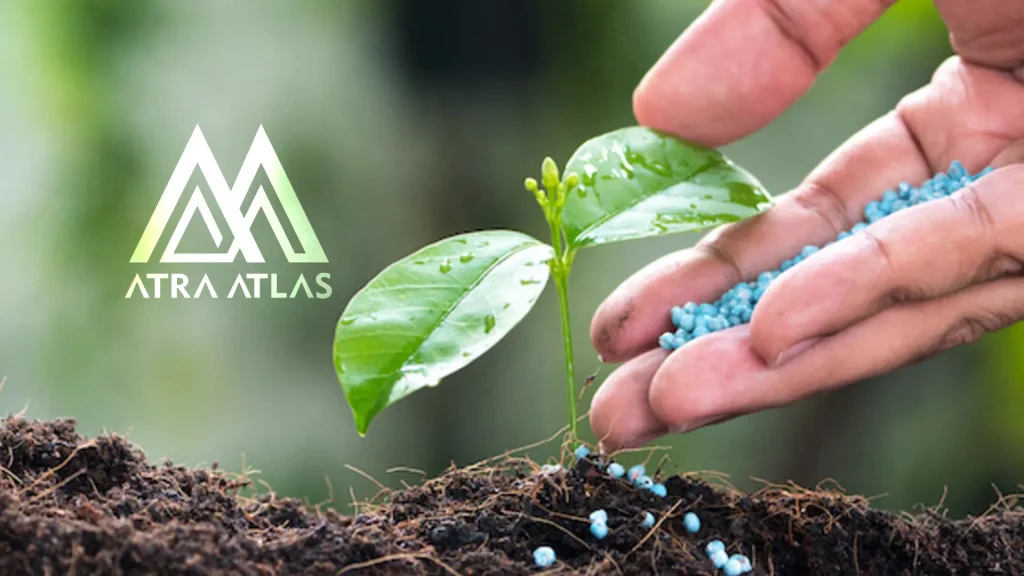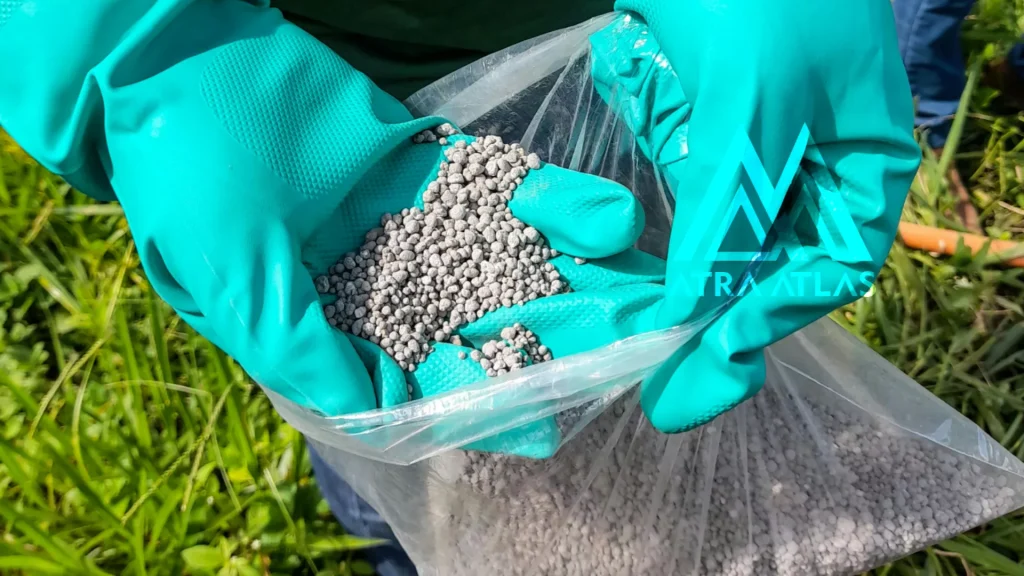
Importing Agricultural Fertilizers to Brazil
One of Brazil’s attractive business areas is the import of chemical and agricultural fertilizers. These fertilizers are always in demand due to their direct connection to food production and the global market.
In simpler terms, there is always a need for poultry manure, pelleted poultry manure, chemical fertilizers, organic fertilizers, and agricultural products. Since chemical fertilizers are essential for human food production, strategic and targeted marketing and a precise understanding of the market can turn the import of fertilizers and agricultural products into a lucrative business.
Benefits of Chemical Fertilizers:
Chemical fertilizers, commonly known as black and white fertilizers, are significant soil additives that, due to their nutrient content, can improve both the quantity and quality of plants.
Fertilizers are generally classified into three categories:
- 1.Organic Fertilizers
- 2.Chemical Fertilizers
- 3.Biological Fertilizers
Importing Chemical Fertilizers to Brazil:
Chemical fertilizers, as the name suggests, are produced through chemical processes and can significantly enhance the growth, performance, and quality of agricultural products in a short period.
The use of chemical fertilizers dates back to World War II when humans sought to produce more food. However, excessive use today can lead to water and soil pollution.
Types of Chemical Fertilizers:
Chemical fertilizers are available in powder, liquid, gas, and granular forms. These fertilizers are generally divided into two categories:
- 1.Macronutrient Fertilizers: Containing major elements like nitrogen, phosphate, sulfur, and magnesium.
- 2.Micronutrient Fertilizers: Containing minor elements like iron, manganese, copper, and zinc.
Given the foreign exchange earnings from importing chemical fertilizers, importing companies prefer to bring surplus production into the country. The volume of chemical fertilizer imports varies depending on the domestic farmers’ needs; if the demand increases, chemical fertilizer imports may face limitations.
Brazil relies heavily on importing chemical fertilizers from various countries to meet the needs of its farmers. Importing these fertilizers helps Brazil maintain high agricultural production and export it to global markets.
Importing Chemical Fertilizers to Brazil
Given the vast agricultural needs in Brazil, the import of chemical fertilizers plays a crucial role in maintaining and enhancing the productivity of crops. Due to its climatic conditions and extensive agriculture, Brazil has become one of the largest importers of chemical fertilizers in the world.
Statistical Data on Fertilizer Exports in 2021:
- 1.Russia: with an export value of approximately $12.5 billion
- 2.China: with $11.5 billion
- 3.Canada: with $6.6 billion
- 4.Morocco: with $5.7 billion
- 5.United States: with $4 billion
- 6.Saudi Arabia: with $3.5 billion
- 7.Netherlands: with about $3 billion
- 8.Oman: with $2.6 billion
- 9.Belgium: with about $2.6 billion
- 10.Qatar: with $2.1 billion
Iran is also ranked eleventh in the world with fertilizer exports valued at $1.8 billion.
Brazil relies heavily on importing chemical fertilizers from these countries to meet the needs of its farmers. The import of these fertilizers helps Brazil maintain high agricultural productivity and export its products to global markets.
Role of Fertilizer Imports in Brazil:
Importing macronutrient and micronutrient fertilizers helps improve the quality and quantity of agricultural products. These fertilizers supply essential elements like nitrogen, phosphate, sulfur, iron, manganese, copper, and zinc, enhancing the growth and performance of crops.
Understanding the major fertilizer exporters in the world allows Brazilian importers to make informed decisions and ensure a stable supply of necessary nutrients for agricultural products.

High-Quality Iranian Urea; A Suitable Choice for Import to Brazil
Given the significant needs of Brazil’s agricultural sector and dependency on fertilizer imports, choosing high-quality sources for import is crucial. One of the most suitable options for urea import is Iran, which, due to its high-quality production, can meet Brazil’s agricultural needs.
High-Quality Urea Production in Iran
Iran, as one of the major urea producers in the world, offers products with high standards and excellent quality. Iranian urea, due to its high purity and optimal nitrogen content, has a significant impact on increasing the productivity of agricultural products.
Benefits of Importing Urea from Iran to Brazil
- 1.High Product Quality: Iranian urea has high purity and quality, which can help improve the performance and quality of agricultural products in Brazil.
- 2.Stable Supply: Iran can provide a sustainable and continuous supply of urea to meet Brazil’s needs due to its high production capacity.
- 3.Competitive Pricing: Iranian urea is offered at competitive prices, which can help reduce costs for Brazilian farmers.
- 4.Successful Export Experience: Iran has a successful track record in exporting urea to global markets and can act as a reliable trade partner for Brazil.
Current Urea Import Status to Brazil
In 2022, Iran’s urea exports to Brazil amounted to $86 million, and Brazil imported a total of $2.1 billion worth of urea from around the world. This indicates the high capacity of the Brazilian market for purchasing urea from Iran.
Using Iranian Urea in Brazil
Brazilian farmers can benefit from the high quality and positive impact of Iranian urea on increasing crop productivity. This not only helps to boost production but also improves the quality of agricultural products.
Conclusion
Given the high quality of Iranian urea and its economic advantages, importing this product can significantly contribute to the development and progress of Brazil’s agriculture. Choosing Iranian urea means selecting quality, sustainability, and competitive pricing.
